Summer @ Riverbend registration is open! Learn More
Summer @ Riverbend registration is open! Learn More
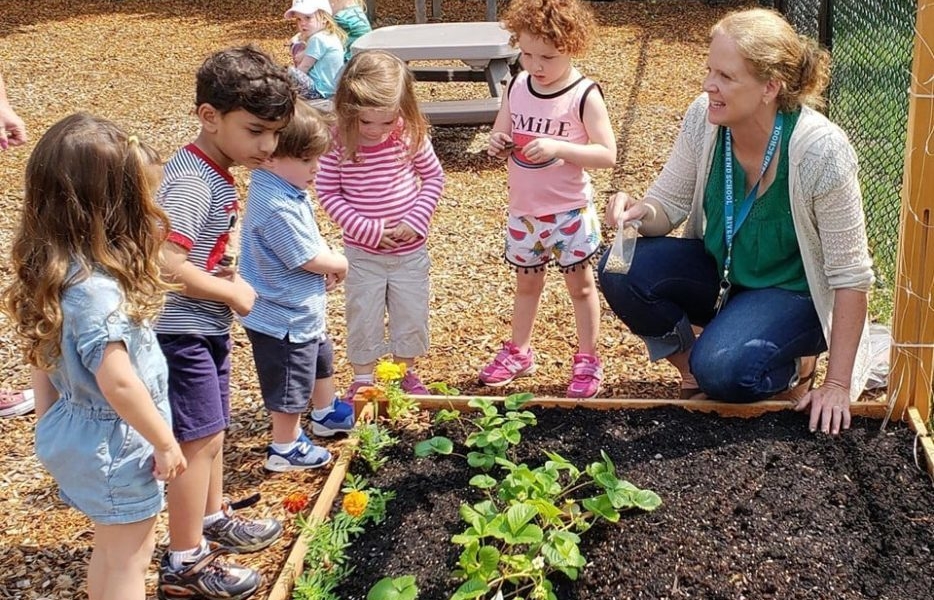
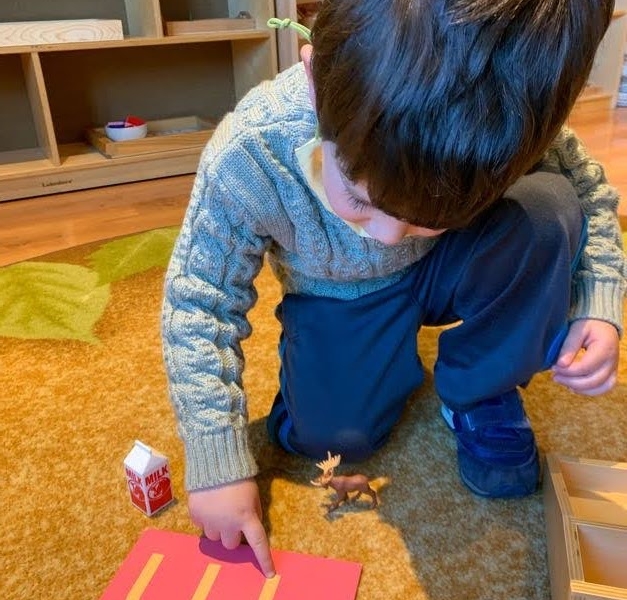
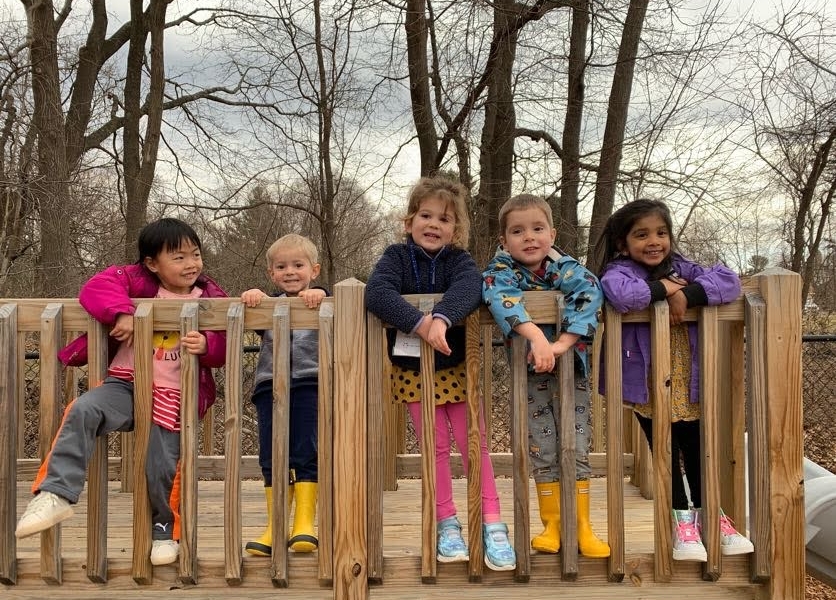
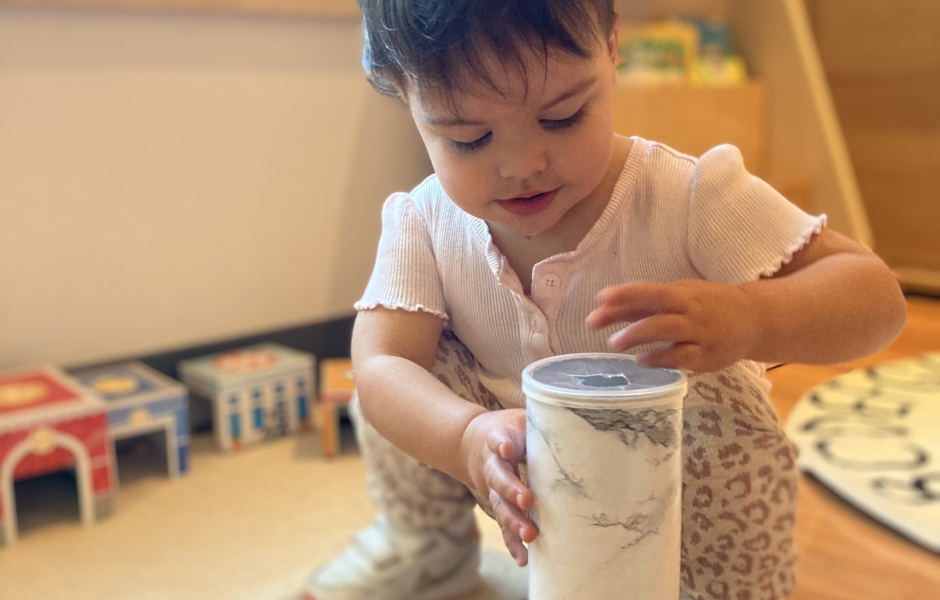
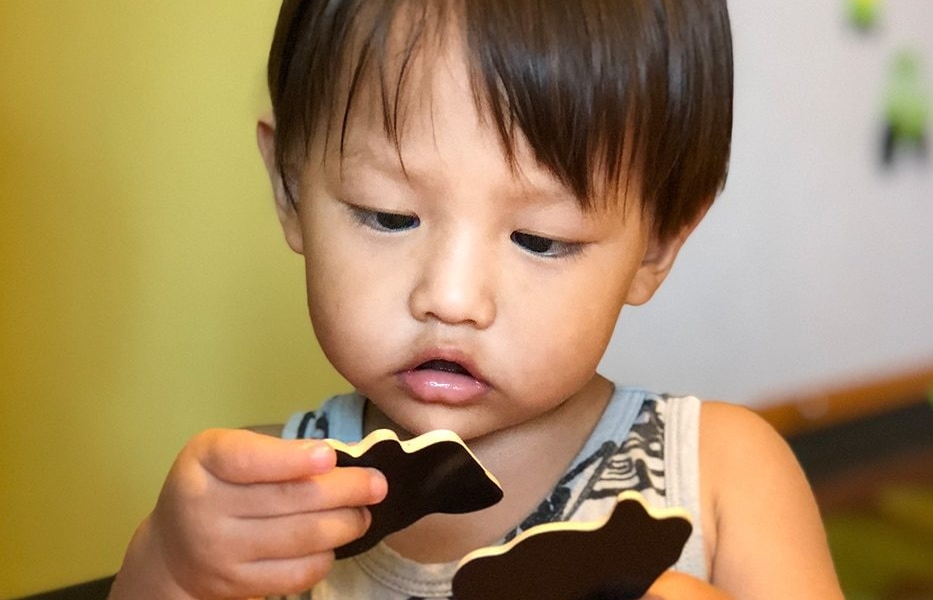
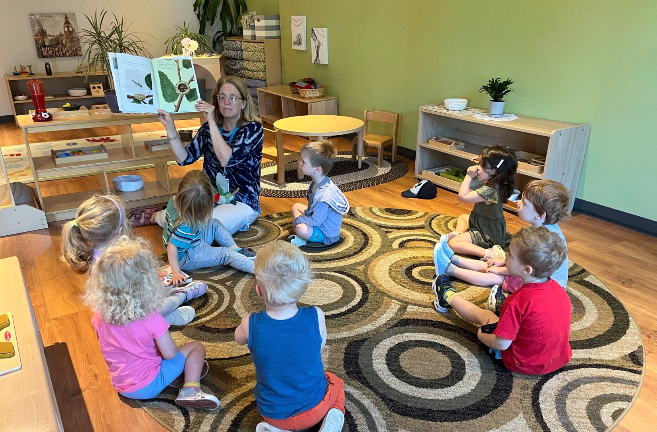
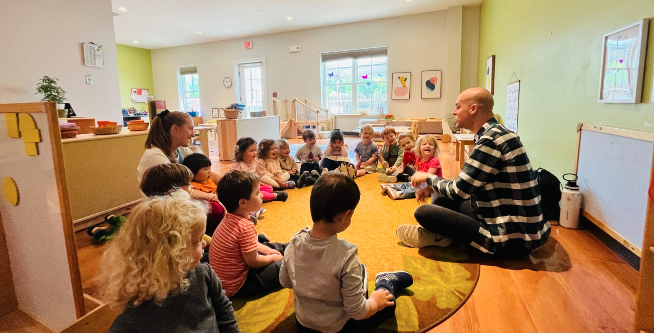
A homelike environment structured for our youngest students forms a welcoming transition from home to school. Toddlers build independence and forge warm, caring relationships with their teachers and one another. Hands-on activities, movement, music, and circle time lay the foundation for reading, writing, mathematics, future learning, and discovery.
Our five-day Toddler program lays the foundation for a sense of school community. The same group of children come together each day, learning from one another, and deepening relationships that will continue throughout their time at Riverbend. Every element in the design of the Children’s House learning environment empowers young children to dive right in, using all their senses to follow their emerging and evolving interests.
At Riverbend, toddlers have myriad opportunities in the classroom and in nature to explore, engage, and master tasks to reach key milestones in their cognitive, physical, and social/emotional development:
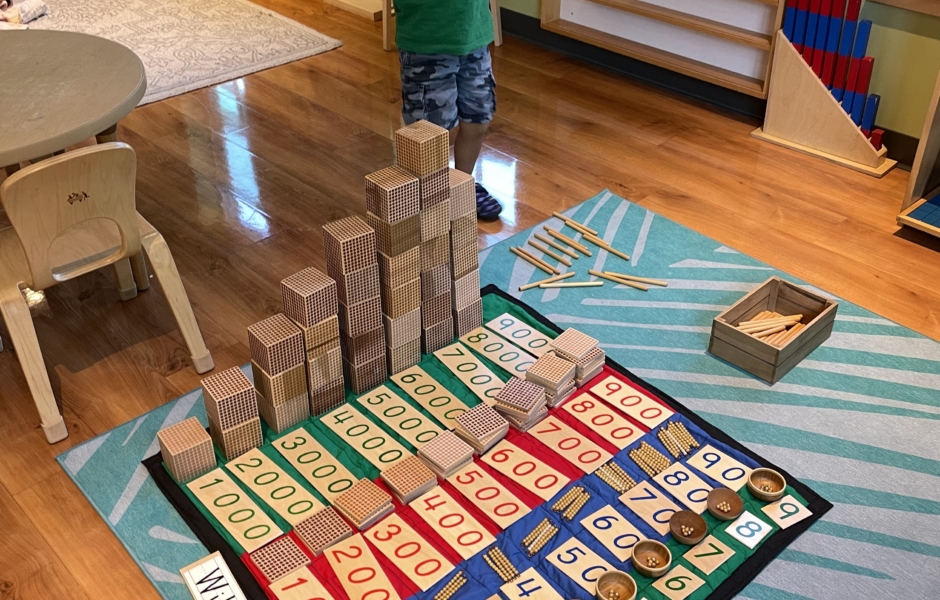
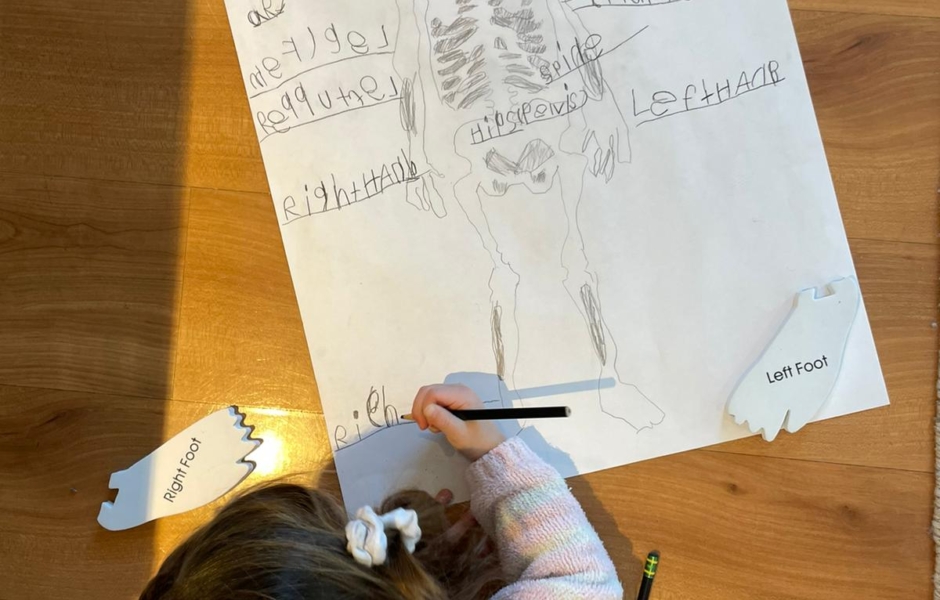
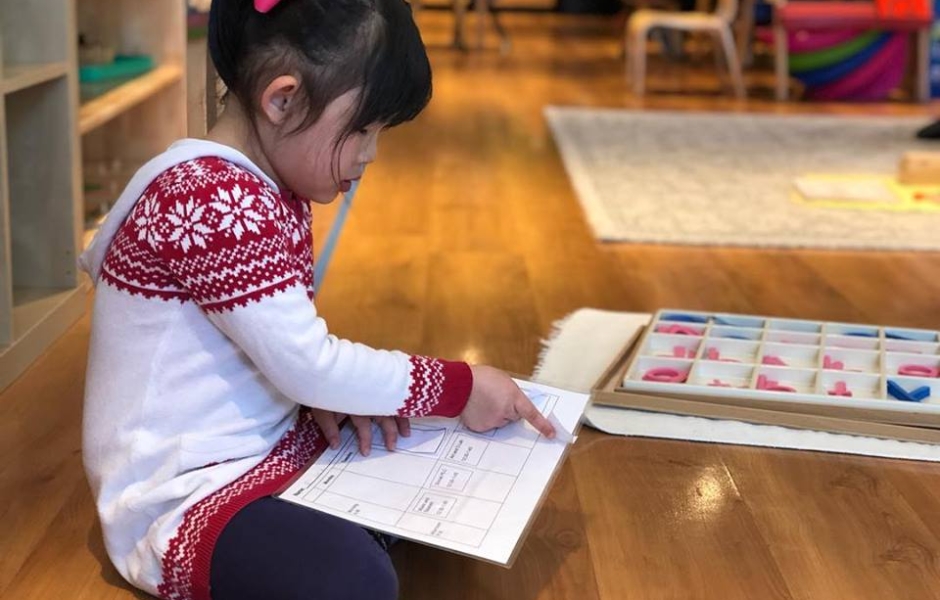
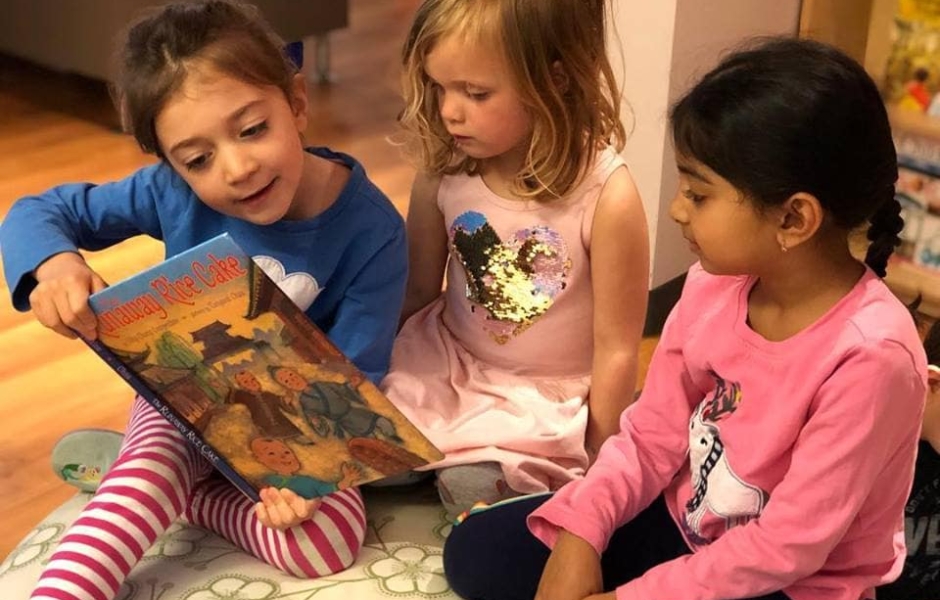
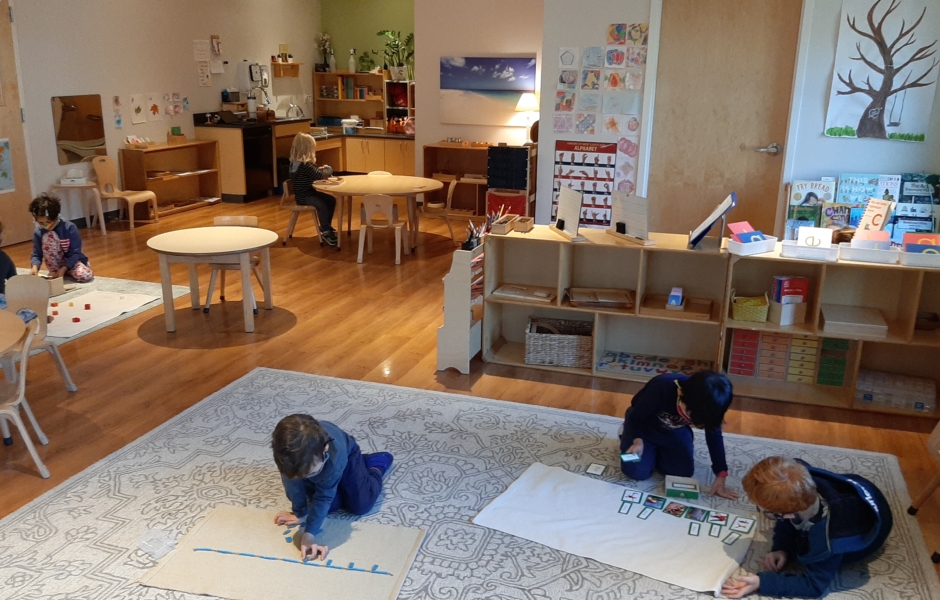
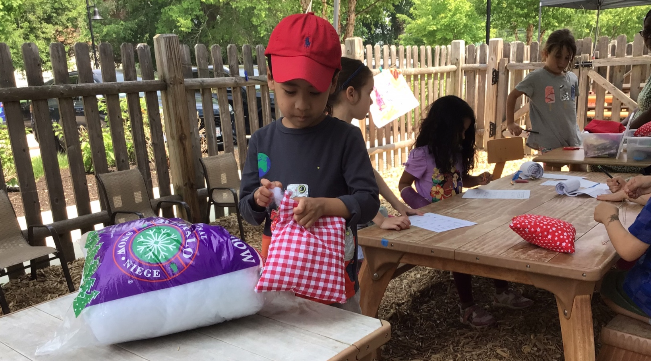
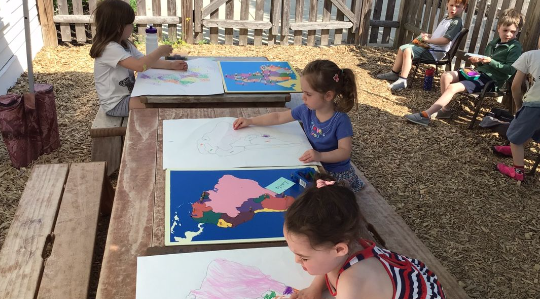
Learning becomes more focused as children refine observational skills and master fundamental components of reading, writing, and mathematics. The exploration of the world expands to include other countries, cultures, and the Spanish language. “Using hands as tools for the mind” children explore the natural world, strengthening independence and confidence.
Primary classrooms are organized to encourage both the youngest child’s interest in concrete manipulative materials and the older child’s increasing understanding of abstract concepts. Older children build confidence by helping their younger friends succeed at tasks they have completed themselves.
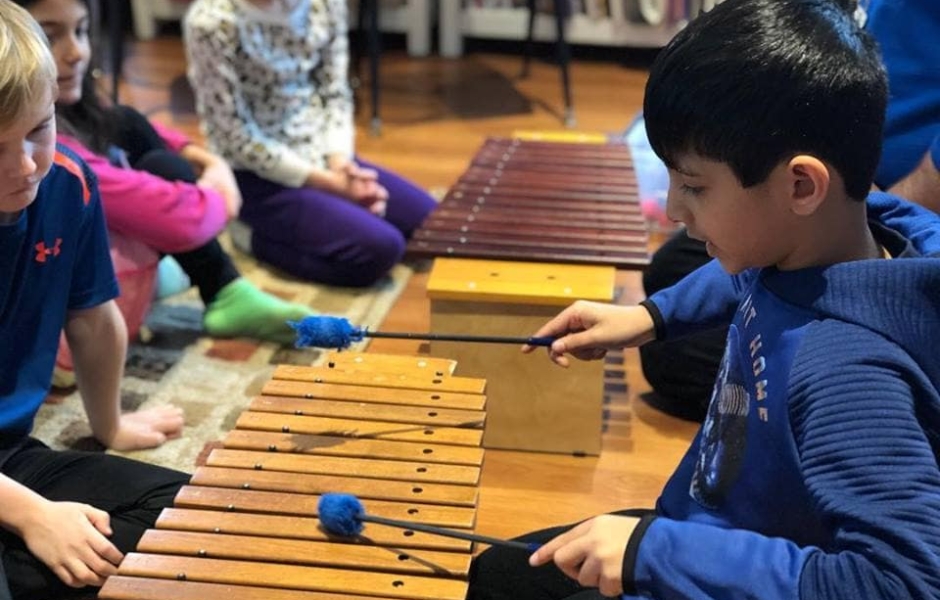
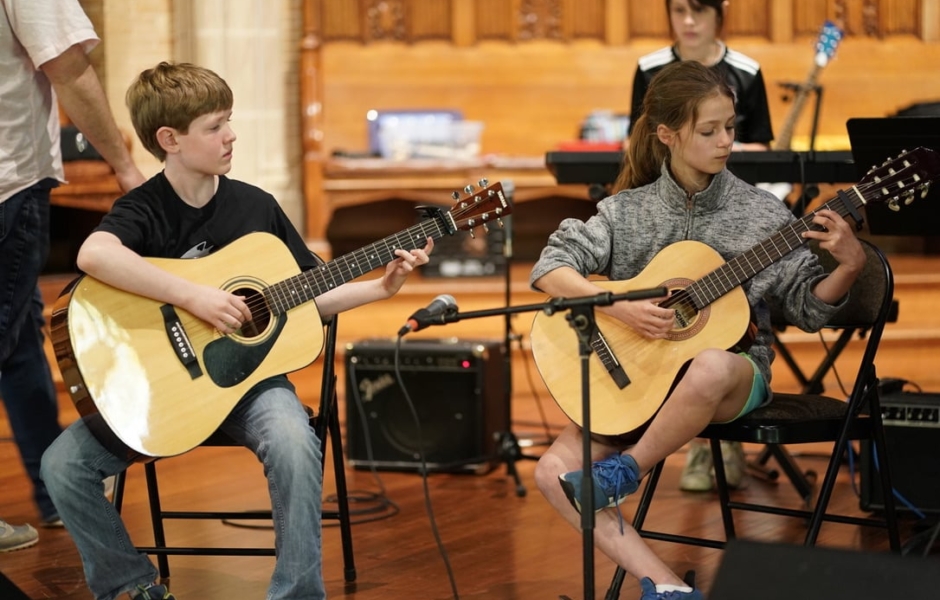
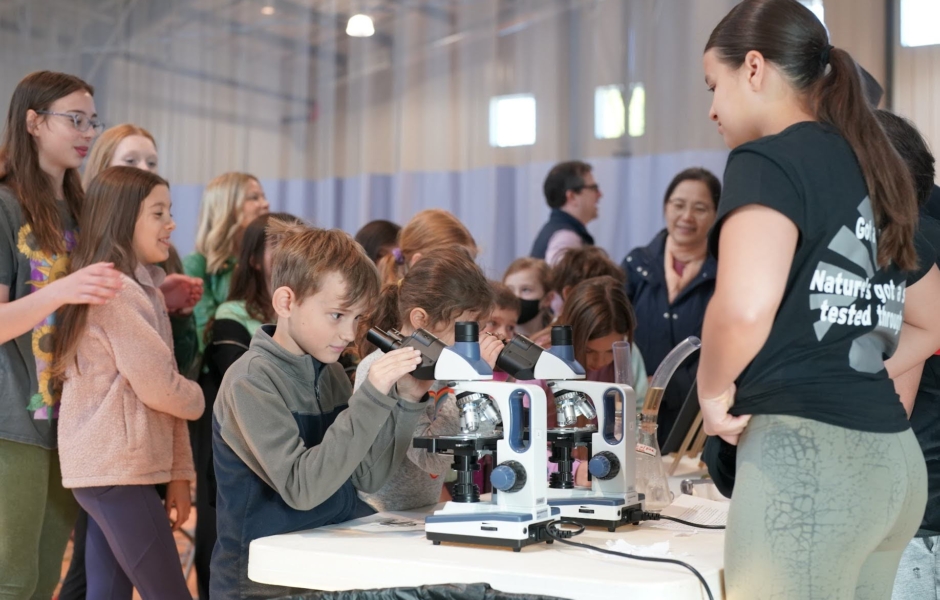
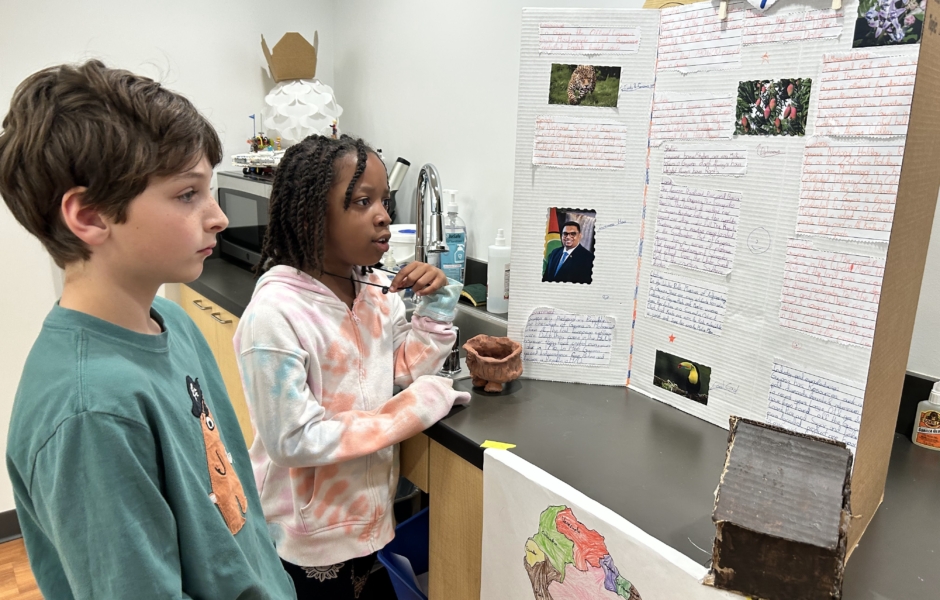
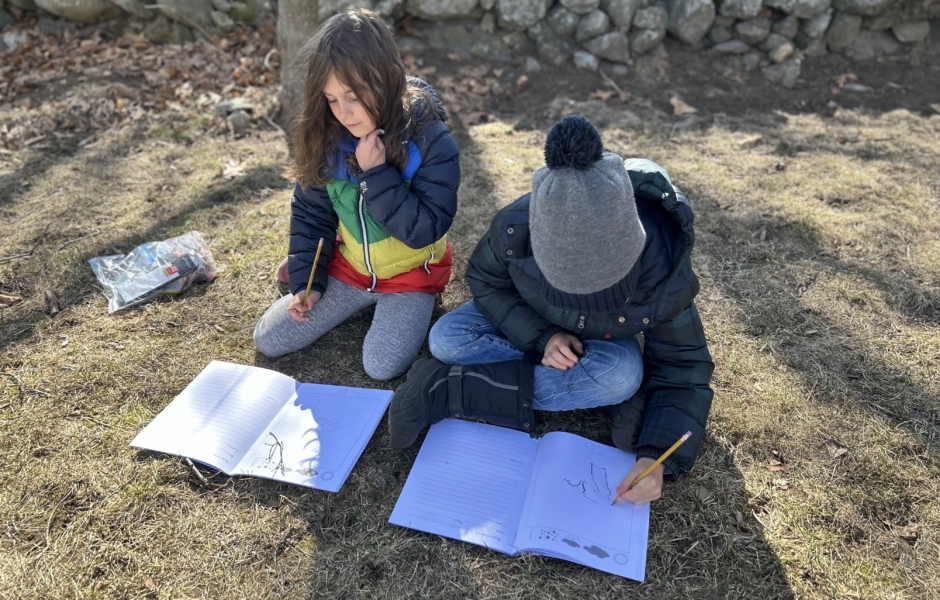
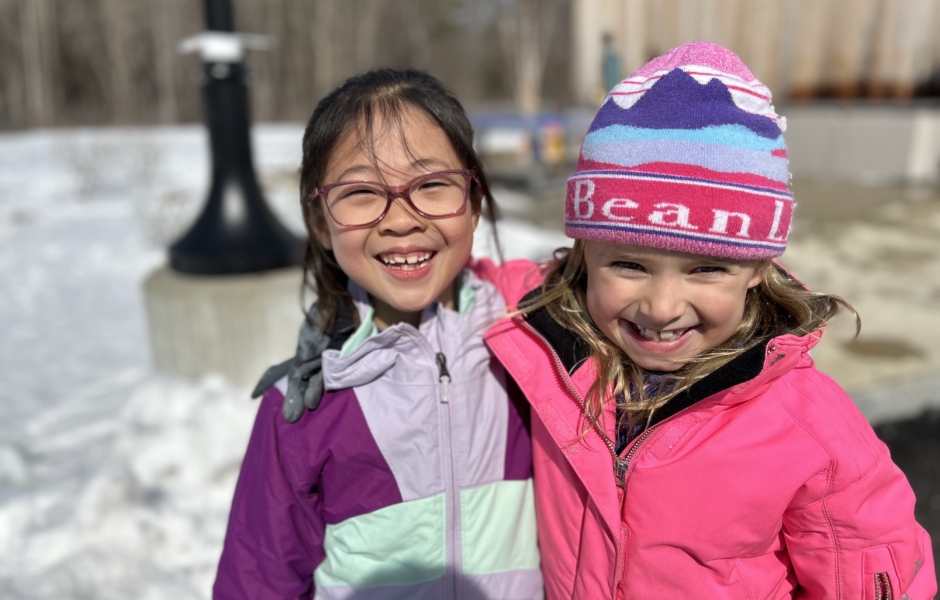
Students find their own pace of learning and challenge themselves in small-group lessons shaped to align with their individual needs, and can access curriculum beyond their grade level—concrete explorations lay the foundation for abstract learning. Each year, students take on greater responsibility, independence, and discover opportunities for leadership.
❝The secret of good teaching is to regard the child’s intelligence as a fertile field in which seeds may be sown, to grow under the heat of flaming imagination. Our aim therefore is not merely to make the child understand, and still less to force him to memorize, but so to touch his imagination as to enthuse him to his inmost core.❞
— Maria Montessori, To Educate the Human Potential
Our Lower Elementary program (grades 1 to 3) seeks to balance the child’s developing imagination with concrete skills learned through hands-on exploration. Montessori materials are exceptionally logical and beautifully constructed, enticing the children to want more, to learn more, and to achieve “flow” as they reach deeper and deeper levels of concentration. Our teachers carefully observe and track each child’s progress, and add levels of difficulty to the work with each new success they’ve witnessed. The Lower Elementary program creates students who are willing to take intellectual risks and have the resiliency needed for the challenging pursuits of Upper Elementary.
Dr. Montessori’s “Great Lessons” are the cornerstone lessons of our Lower Elementary classrooms. They include: The Story of the Universe, The Coming of Life, The Coming of Humans, The Story of Language, and The Story of Numbers. Stories, charts, experiments, and the arts form a narrative of human civilization through time—shaping a global vision and developing critical thinking, problem-solving, and research skills.
In the Upper Elementary (grades 4 to 6) students focus on building greater independence and responsibility as they begin to think more abstractly and explore more complex ideas. Teachers encourage students to make cross-curricular connections and to seek ever expanding academic challenges. At this level, students truly refine their time management skills as they are offered “freedom with responsibility.”
While students continue to explore concepts using concrete materials, technology begins to play a larger role, enhancing abstract learning and providing new pathways for student expression.
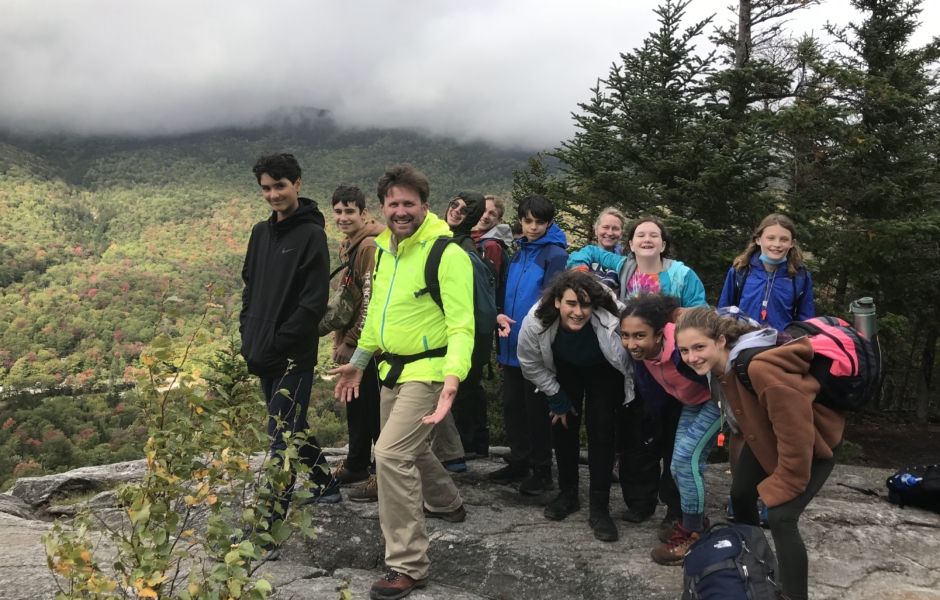
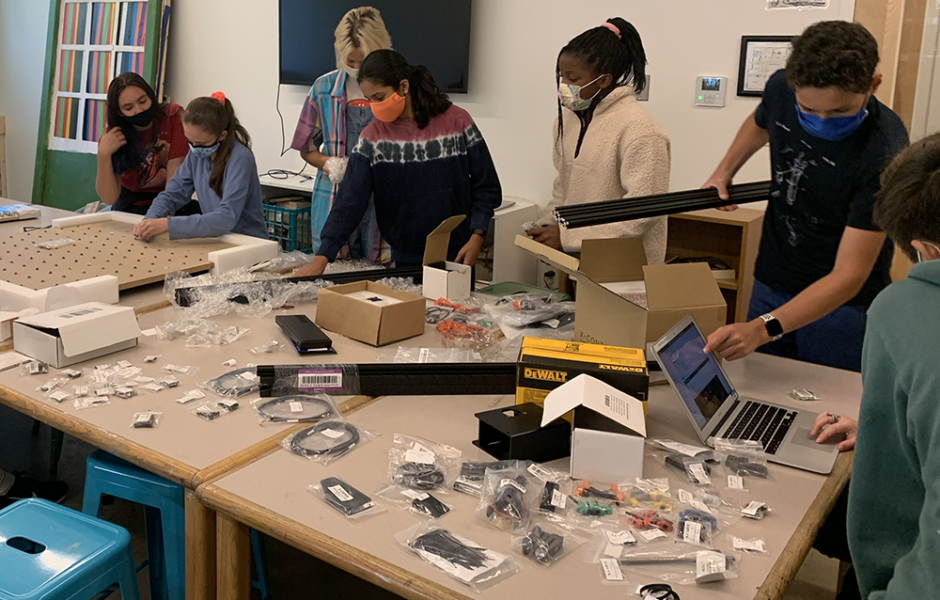
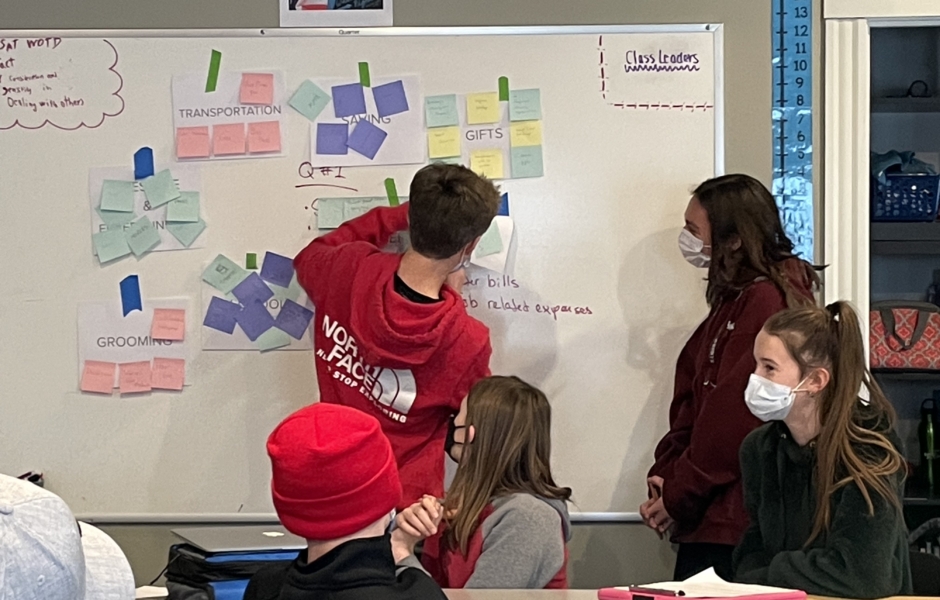
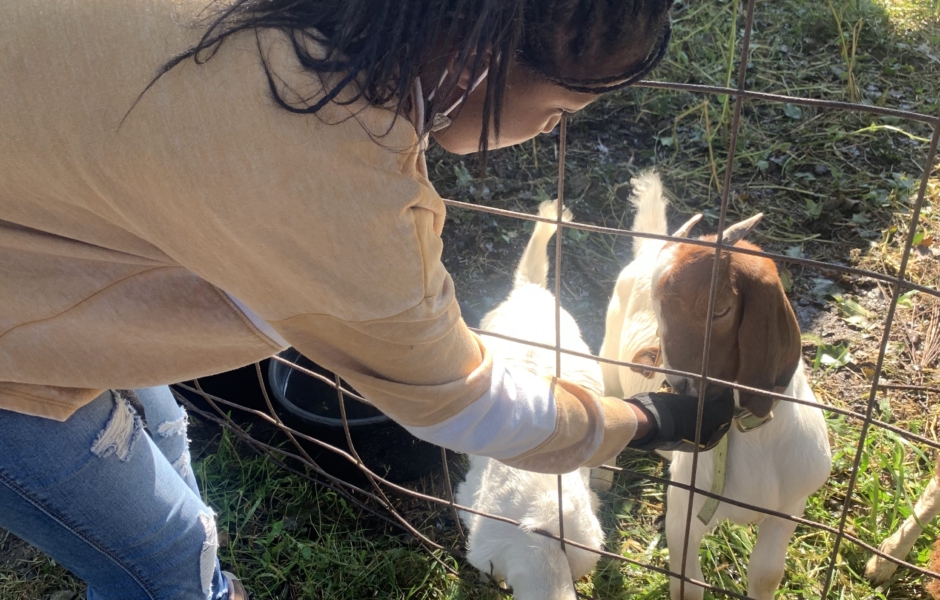
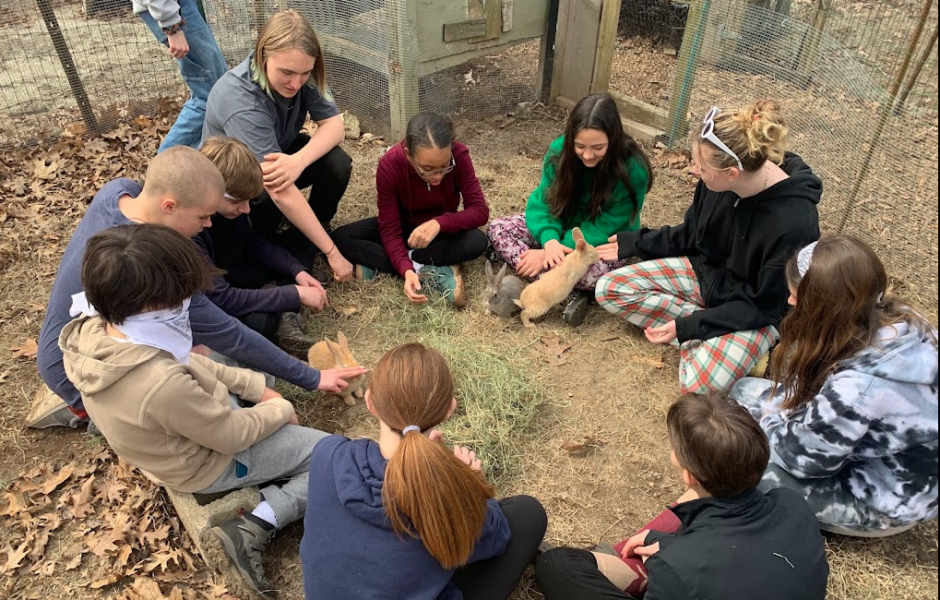
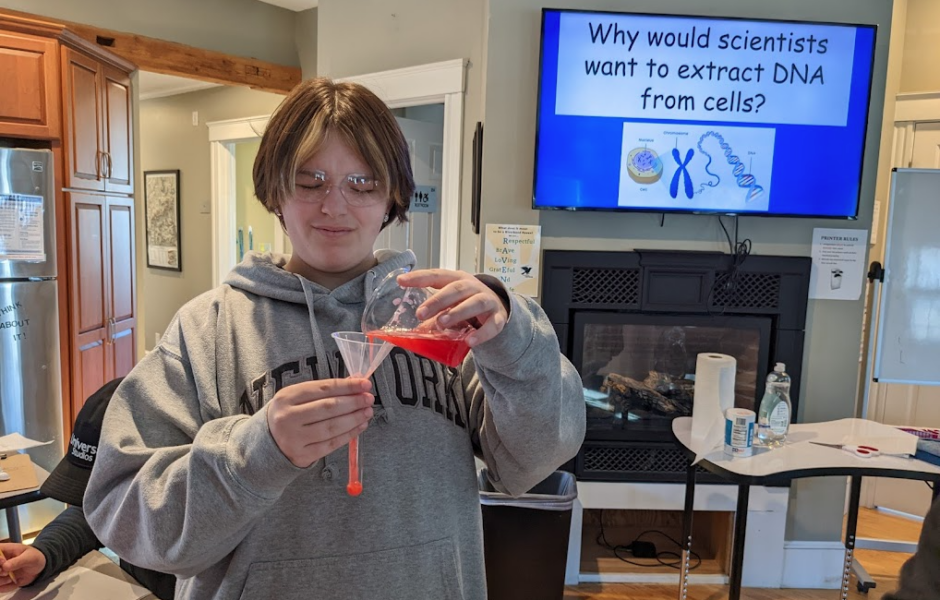
A small, engaged community balances the rigorous academic expectations we hold for our campus leaders. Middle schoolers feel safe to explore their interests and push themselves to ever-higher levels of academic achievement as they prepare for high school and establish learning habits and confidence that will serve them well in college and life.
Our cross-disciplinary curriculum nurtures essential skills for academic success, including the ability to work both independently and collaboratively, to organize one’s work and time, to craft research into meaningful projects, to communicate effectively, and to think globally. Students strengthen their ability to:
Standardized testing at Riverbend is a diagnostic tool for teachers and provides students with essential test-taking skills for life. Grades 4–8 participate in CTP4 testing each fall.